|
5/31/2022 Featured Poet: Wylde Parsley youthfulc CC [hymns: untitled] I. in spite of all wants / I am not a healer / I am not / penitent enough for the gods nor / resolute enough for the unbeliever / my childhood dog shakes, dying, while I do my best to patch his disparate / parts together: / I hold him against / my chest & cover his eyes with a blanket & hum / hoping / his deaf body feels the reverberations / but / he must still always die / & my chest, shifting / unbalanced II. & altogether wrong / will remain that way / not that it matters. not / while tenderness is precise & / exacting yet never / surgical, & not while I can swallow / my gasps & breathe / through my skin. not / while poseidon, who puppets each / of my inhales crafts shallow / pools / of mucus in my lungs / & laughs at our / synchronized / anxious / wheezing / is this too much? III. are my bones too hollow to be / of mammalian use? / if I remove my favorite / knuckle could you boil / a single-serving broth / drink it at midnight in your bare / numb feet / & learn the syllables trapped beneath my breasts? / would you share / that with me? IV. the removal of an unwanted mass is not destruction / but maintenance / & I do not need to reconcile / the part of me that begs / to heal / with the immutable / desire to terraform / the landscape of my body [monologue regarding appalachia, recited to an empty room] picture me: I bring the half-crushed deer skull up to eye level, some boy-girl-other hamlet. it is late spring and I am in love with the sound of the dead corn stalks crunching under my boots—it is a good, ripe sound that heralds the coming of vivid newness and when I inspect bones, there are rules, questions to ask. first, the teeth: are they sunk into the soft earth where the jaw lay to rest? second, are the eye sockets gnawed by coyotes, whose scavenging ways I respect? third, what will you do with the life you can’t take back? my skin breaks out in rashes whenever the weather shifts- that’s how resistant my body is to change, how the past looks, snow, alighting on grass too warm to hold its shape—my face, my chest, stagnant while the seasons snap in and out of place. picture me: girl-prince of appalachia with a plan of action. first off, I make ophelia my constant companion and lover in the loving sense of the word, second, I take her to the best view kentucky’s got. we watch the sun sink low while we sink even lower and when the moon rises, we trade clothes and walk to the nearby village and they call her “sweet boy” and me “pretty girl,” and they weave dogwood in our hair and when the clock strikes twelve I transform back into pretty boy, her, sweet girl. third, just before the night sky goes pale, bluegrass and daffodils beneath our moon-shining toes, we see specters in the snow, falling never settling soft you now my father is not dead, only the ghost of some undefined manliness passed on to me and my sisters to make us dual out our shotgun revenge, but I am too transient, and they are too sturdy, and the friction dissipates in inaction—accidental rebellion picture me: I peer into the empty eye socket, expecting hollowness and instead I am greeted by a wasp who has built its nest in the half-dome, its legs tapping across the cranial suture, looking for a fault line, something that might shift the stability of what it has created. I don’t like wasps, but I’m trying to, so I put the skull down and don’t pick it up again. it’s better for me and this skull to part ways. I haven’t even prepared a soliloquy. [I love you, good-night] in the darkening pink-gray light, the grazing deer is quieter than the chickens who are quieter than the cat, but only just. I am anxious about a problem I cannot recall, or perhaps it’s dysphoria, sitting middle distance between my shoulder- blades and sternum. I wait for the fireflies. any minute they will begin their gentle drifting upwards. I used to visit my Grandpa in Appalachia all summer when I was small and marvel at their bodies, this little light of mine— must’ve presumed they were stepping heavenward. God would’ve lost me much sooner were it not for fireflies. oh, here they are now- the deer grazed on and the chickens settled in their nesting boxes, but the firefly searches for evangelion and never makes it past the treetops. I hope they’re well. I hope you’re well. I love you, good-night. 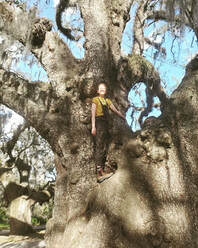 Wylde Parsley is a reluctant poet. Their work has appeared or is upcoming in ANMLY, Birdcoat Quarterly, Vagabond City Lit, Rio Grande Review, Every Day Fiction, and various other publications. He can be found on Twitter at @emjparsley. 5/31/2022 Poetry by Brett Elizabeth Jenkins Boris Kasimov CC
SEVEN THINGS 1. Don’t get drunk when it’s a full moon. Or do. What do I know? 2. It’s fair to say that I have struggled to love my life—or even, at times, like it—the heavy July days spent under sweat-damp sheets, heat lightning opening the corners of the room. 3. When you know something will pain you terribly, but you do it anyway, is there a word for this? If so, it lives in my breast pocket. 4. When you get down-and-out sad, you might need to print out a Mary Oliver poem and eat it. Or call your mom if you don’t have a printer. 5. At night I pray to the patron saint of rest stop bathrooms and ask him to intercede for me- for the terrible things I’ve done. I figure he probably doesn’t get many prayers, so maybe he can fit me in quick. 6. The idea of happiness is like the knife I use to open my medical bills. 7. It’s wild we get this one small life and have to live it end to end. Wherever that is. Brett Elizabeth Jenkins lives and writes in Fort Wayne, Indiana. Look for her work in The Sun, Beloit Poetry Journal, Mid-American Review, and elsewhere. 5/31/2022 Poetry by Lemmy Ya'akova Bill Tyne CC
conversation with the universe in spring grow your hair to the moon, they say. but start with your ass. they remind me that my body is still a useful tool even when it feels pain, even when it can’t move like it once could. i tell the universe how grateful i am to still be hungry. they say, keep eating & then, be eaten. i reheat the macaroni, i stand under the sky, i let the fresh heat move me around in its mouth. do you feel that? the universe asks. & yeah, i sure do. Lemmy Ya'akova is an advocate for y2k low culture, a film photographer, a popcorn enthusiast and a cat parent to their overgrown son, Moose. Their work can be found in HAD (Hobart After Dark), Brave Voices Magazine, Fifth Wheel Press and more. You can keep up with their jokes on twitter @lem_jamin and read their work here: https://linktr.ee/lem_jamin. 5/31/2022 Poetry by Erica Anderson-Senter John Brighenti CC
POEM FOR THE DECEASED AND ALSO THE LIVING FEATURING A DEAD BUCK for my papa Let me just say it plainly: I am the granddaughter of a dead papa—whose spirit left like smoke- straight up and out the window. We had years, he was always old to me. When I was told he had a bed at the local hospital, I was washing dishes—oh no, I said. It’s fine, they said. Oh no I don’t think so, I said. I wish the narrative was more romantic. What if I was near a mountain stream when I heard he was dying? What if I was climbing a small hill with white Edelweiss flowers swaying near my feet? Please, someone tell me to stop. There is no romance in ceasing. In the ceasing, to absolutely cease. He once told me about the last buck he killed on a snowy October morning. It wasn’t a clean shot so he tracked the beast to exhaustion. He said: I came up to it, dying. His eyes locked on mine—wild with panic- there was no way to mercy without death. And this is how it was when I laid palms to his fading heartbeat. And this is how it was when, gaped, open, and strained, his mouth begged for air. I say this to say, now hear me: I have lost solid ground- and especially when it is quiet and bats fall from the roof—when absolutely I am almost asleep and the air moves in gray lines. Let me say it again: it moves in gray lines. Erica Anderson-Senter lives and writes in Fort Wayne, Indiana. She teaches high school English and Creative Writing. Her first full length collection, Midwestern Poet’s Incomplete Guide to Symbolism, is available through EastOver Press. Her work has also appeared in Tinderbox Poetry Journal, the once CrabFat Magazine, Midwestern Gothic, Off the Coast, and Dialogist among others. Her chapbook, seven days now, was published by The Dandelion Review. Erica hosts free literary events throughout her city to bring poetry to the public. She holds an MFA in Creative Writing through the Writing Seminars at Bennington College in Bennington, Vermont. 5/31/2022 Poetry by Sam Moe John Brighenti CC
And in July I am losing track of myself near a tide pool I see your reflection in the shallow end of the tide pool. It’s another greasy July day and I am already sick of myself. We crouch on sun-hot rocks whose slick surfaces our mothers have warned us from, flip-flops in one hand, an old bucket in the other, I wait to capture the crab. But she doesn’t want to reveal herself, and I am distracted by iridescent mica, a stone my father used to tell me was worthless. I remember once when I was even younger he gave me a crate full of amethysts to keep, later swapping with me for a fossilized fish, as if to say, if you stay right here you too will be beautiful. But I am sliding on new hot rocks careful not to get too close to you. We don’t love each other anymore, but I still love you, the difference being there is no longer a love collective, no longer an us, no more phone calls, we won’t sing nicknames into shells, but I know I’d call the lobster Bunny you can be Ray of Sunlight on Silt, or Mint Shells Hiding Deep maybe The Brine and The Banana Popsicle Stick Burning a Hole in my Pocket. I want to give the joke to you but you call me a Sagittarius before walking into the sea. And I am still here, and anyways, what’ the point in leaving when people sometimes change, maybe you come back and we do everything right, this time when I call you answer I won’t admit I care too much; I’ll go to the beach by myself, wouldn’t it be fun to love the perfect me, the me who isn’t reaching a hand down below and grabbing, frantically, at any crab. The new me is quiet, maybe even be asleep on this rock, hair spilling over the edge, the crustaceans give me a trim and you’d walk over, say how you got it all wrong, you’d be like oh, I love how casual you are with your neck on the ledge, and my heart wouldn’t even be in my throat, my hands wouldn’t scratch at my sides I could say, I forgot you loved bunnies, and you’d be hurt yet intrigued that I named this crab for you, can I name other things, too? Yes, the new me might say. She’d rise, half asleep and hungry, slide aviators down her nose, and say, look, you see that? And we would look at the sand dunes. That is a dove. She’d point to the ocean foam. That is a checkers game. She’d nod at the sun. That is a clover. She’d point to her heart. And that is an empty pail. What color? You might ask, thrilled by the lack. Hmm, she’d say, because it would have to be the opposite of your favorite color. Green, she’d say. And we would laugh and laugh before new fathers arrived, loving fathers, fathers who knew our middle names and fathers who didn’t yell, a field full of fathers to take us home, and we’d fall asleep in the back seat of a grey minivan, warm and coated in sand, maybe we’d be holding hands, maybe we’d go back to your house, and one hundred fathers would cook us one hundred dinners. Everyone would get our names right. Everyone would stay, and the new me would rest easy, knowing I’d never have to say love again and mean it. The new me out there, somewhere, even now without scars, without grape blunt wrappers and crush letters. I think she might be twirling a lettuce leaf around like a parasol, I think she hears you, my darling, you are saying over and over again, and we start crying from laughing so hard. Windy Blue Nights Your father’s dinner table spread includes a red candle in the center, melted just enough so it looks like a caved-in tomato, or maybe the caved-in heart of a blue whale, you don’t recognize shapes, you’re uncertain. Your stepmother cradles a puppy’s head like a baby, your sister is next to you and trying not to cry. No one speaks to you for over half an hour. The house smells of spices and red wine. Your body knows the score, knows how to make your heart into a diamond pin so as not to alert the others that you are still something to be yelled at, not someone. And the kitchen floor is warm, there are identical sets of espresso mugs, stirring spoons, mason jars whose linings are soaked with olive oil, each stuffed with leaves from his garden, you start to wonder if the plants keep track of the yelling, do the trees remember who did the planting, because if your sister dragged dirt into the house he would have yelled at her, if he wasn’t happy with his knees he would have blamed your stepmother, but look at how green the leaves are, he says someday if you get your own yard you can grow something, too. Correction: he says if you get your own lawn. At night you walk around the first floor—you’re not allowed on the second—looking for something to take with you. An item to remember the house, because your father says they’ll be moving but he doesn’t know where yet, and likely won’t tell you when the time comes. They’ll disappear from your life, just like others before them, just like your other family members who never wanted anything to do with you. But you’re alone in the night, and your scars are now healed, or whatever that means because they’re not going away. Don’t you remember deep blue nights spent sobbing on this floor? You carved a way out for yourself, so why do you still feel stuck. It feels good to drive away. You leave at dawn for the ocean house, house closest too salt and brine, house of a thousand burnt secrets, wrapped secrets, secrets tucked beneath leaves, twisted in branches free of berries, your ex’s cigarettes still damp in the faded sun. Ocean house has many nicknames, but you can’t talk about that right now. It’s not time, yet, to peel away the layers of hurt, to reverse the dissociation—if such a thing is even possible. Healing is leaving, healing is never, healing is always, healing is the quiet pocket of night when, windows down, you are driving around in the New England cold, yes you are crying but you left your tools at home, you’re tossing words into woods, you’re hoping to reach someone someday, maybe in the middle of the night, maybe not, too reach each other with green hands and flowers for lungs, we’re not going to yell at each other, you can lay down your armor, but keep it within arm’s length, healing is healing is time is absurd, is tired, is late, is waiting, maybe, waiting. Sam Moe (she/her) is a writer of fiction, non-fiction, and poetry. She is pursuing a PhD in creative writing at Illinois State University. Her work has appeared in The Tide Rises, The Tide Falls, The Shore, Levatio Mag and others. She received an Author Fellowship from Martha’s Vineyard Institute of Creative Writing in June, 2021. 5/31/2022 Poetry by Lilly Perry Peter Corbett CC “Look, horses” and the Myth of Codependency Okay if I don’t need you, specifically I still need a friend. And a lover and a sky so big it makes me a little sick to think about. I still need a reminder about my mittens or I’ll forget my mittens and I still need someone in the passenger seat to say “Look, horses” when we pass horses or I might miss them. If I miss the horses I don't know what could happen. When you left me, my need didn’t go with you. Sometimes feminist discourse asks us to brag about being alone. I would rather brag about the time I was so sad my entire community had to take me on as a group project, even the kids, who put my bones back together like Legos. When you left me, my need spread out in every direction it bled like ink and I let them fold me in half, then everyone took turns saying what they saw in me. 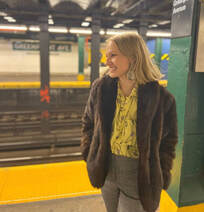 Lilly Perry is a New York-based poet and sexual health educator. She has competed as a spoken-word performer on stages across the globe, and she is the creator of Water and Other Bodies (2019), a spoken-word album. Lilly published her first chapbook, Anti-Body: The Little Book of Longing in 2020. 5/31/2022 Poetry by Eliza Gilbert Peter Corbett CC
on sword swallowing you ask me about the red and i say it’s blood or rust or pomegranate spit crescent moon-ed beneath my fingernails / guts are guts / all the same when shredded / so watch me suck down my claw-bits with the red of a scream / -ed out throat / i have always admired the blade swallowers in the big red tent / how they guzzled excalibur’s brethren back into the stone / the stone being guts / the stomachs being scabbards / there is no fortress quite like the windpipe / where i send my pink-chipped brittle to be born again as scrape / so the keratin shard may grow up as a knife in my stomach / i used to kid-scissor cardboard into sabers that blushed against my brother’s cheeks / a blitzkrieg in the living room / the rules decree that if the television is wheezing out war the children will be playing soldiers / once we ran out of rivalry we turned our daggers inwards / kept the rapture snug in our gullets / the rules decree all nail-biters will grow up to be jealous of sword swallowers / we’ve spent our lives eating thorns / they devour the garden in one red gulp. Eliza Gilbert is a freshman at Vassar College who is currently working on her BA in English. 5/31/2022 Poetry by Elisabeth Adwin Edwards Shawn Brownlee CC
Aubade with Limited Visibility I wake worrying about dying, about my husband dying: who will die first, how and when; I worry about our only child going on without us, perhaps alone. My husband announces there is a heavy fog. Open the blinds, I ask, I want to see what I can’t see. When my mother decided to die, she closed one eye. The other remained open. The open eye revealed nothing. At times I thought I could make out a kind of language through the crepey lid of the closed eye, the way the eye fluttered behind it, the way the capillaries pulsed. Our eyes, through fog, begin to discern shapes. A shape is a thing, darkened: car, tree, building... Its outer edges only, which can be perceived as something entirely different from the thing itself. When I stroked my mother’s hair, her closed eye moved back and forth. When I sponged her mouth with water, she gripped the sponge in her teeth. I understood the eye’s movement as love, or Thanks, but what if it was Stop. What if my touch was agonizing to her. I took her biting the sponge as thirst, but what if it was simply reflex, nothing more. The deodar cedar’s silhouette emerges through the haze, the arms from the trunk thrusting out and curling up in opposite directions. The tree is two people, back to back. How two people move away from each other while still touching. Then the fog clears, and it is simply a tree. Out of the silence a car starts its engine. The banality of this terrifies me. I don’t want anyone to die alone. Elisabeth Adwin Edwards’s poems have appeared in The Tampa Review, Rust + Moth, Tinderbox Poetry Journal, The American Journal of Poetry, A-Minor Magazine, and elsewhere; her prose has been published in Hobart, CutBank, On The Seawall, and other journals. Her work has been nominated for Best of the Net and a Pushcart Prize. A native of Massachusetts, she lives in Los Angeles with her husband and teen daughter in an apartment filled with books. 5/31/2022 Poetry by Dick Westheimer Peter Corbett CC
The last time I said Do you know who I am I was so high, I really didn’t know. I asked my buddy who slurred, You are Dicky, definitely Dicky, he spun around, wild-eyed, said, But I am so fucked up, man. I just don’t know. He spilled to the ground, sat lotus posed, cupped the word “Do” in his upturned palms. Doooo, he crooned. Dooooo, like a mantra. Doooo. Doooo. Such a far-out word. He exhaled hard and “Do” puffed into dust. Next he held the word “You” between his thumb and forefinger. “You” shone like a blue gemstone. As he peered into it, I saw his eye, bright as the snow moon and cried. I saw right through that that jewel – an image, my beautiful friend, older, his Saturn-wide smile pinched – a vision of how he’d married Rose, how she’d unraveled, saw spirits, was an off-leash Doberman about the littlest things: a missing snippet of paper, a harsh word from years before, a star concealed behind clouds. She’d walk off in the night, find her way to an all night cash-and-carry. Under the buzzing blue lights she’d sob, beseech the weary shift worker, Do you know who I am? My buddy looked back at me through that same lysergic acid-etched lens, saw a gauzy future – me living a perfect life with a perfect wife, with our perfect kids. So a few years later when his Rosey really did come undone, Dwight didn’t tell me, he just fell from my life. He changed his phone number, pulled the blinds tight. After his kids had grown he finally called. We met for coffee. Over the steaming mugs, he told me of the lunacy, said the crazy was half magic, that Rose brought tea in china cups to old women living under bridges, spoke Truth with cats and dogs. Other times she’d run into the woods, her skimpy robe snagging on brambles. She’d be gone til morning - or the next. She’d curse their kids and hitchhike to dive bars in Indiana, sleep on restroom floors, not call for weeks, finally come home and tear her hair into ragged wads and stuff it down the drains. He looked up from his still-full mug, his hands cupping it as if it were still warm, said, “Now, Dicky, you know who I am.” Fifty years later, he is the only one who still calls me “Dicky.” Dick Westheimer has—with his wife and writing companion Debbie—lived on their plot of land in rural southwest Ohio for over 40 years. His most recent poems have appeared or are upcoming in Rattle, Paterson Review, Chautauqua Review, RiseUp Review, Minyan, Gyroscope Review, and Cutthroat. More can be found at dickwestheimer.com 5/31/2022 Poetry by Shannon Phillips John Brighenti CC The one who left How do you love the child of the one who left? Children are a blessing, my mother says. Should you keep a little love warm? For when you need it? What if the child blames you for the one who left? Or worse—blames themselves, my mother warns. Keep love warm, she says. You’ll need it. How do you mother when you’ve been left? Keep the blessings warm, my mother says. Don’t blame the one who left. What if you still love the one who left? Love the blessings, she says. They will keep you warm. Don’t blame love. You’ll need it. 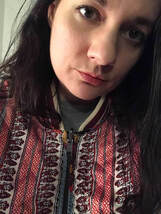 Shannon Phillips is a freelance copy editor whose most recent chapbook, BODY PARTS, was published by dancing girl press. She also founded and runs Picture Show Press and A Moon of One's Own. |
AuthorWrite something about yourself. No need to be fancy, just an overview. Archives
April 2024
Categories |
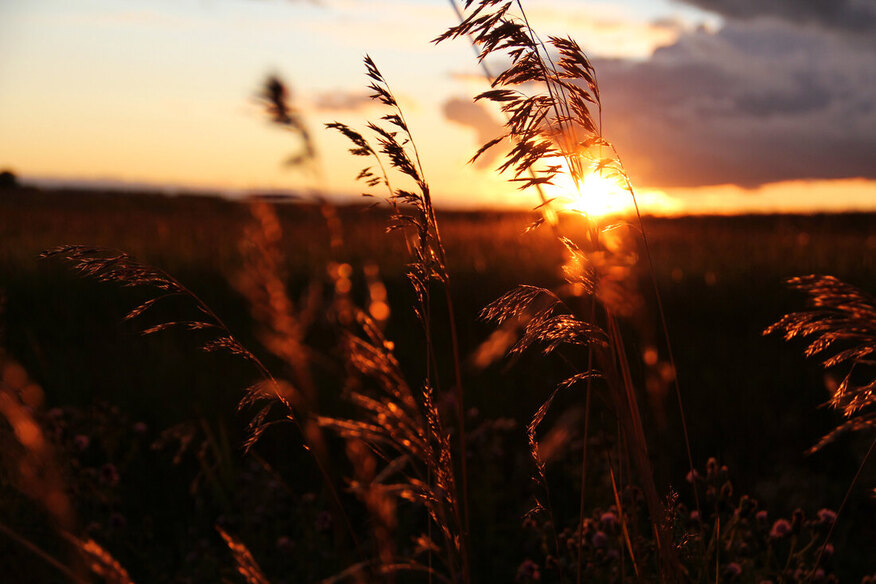
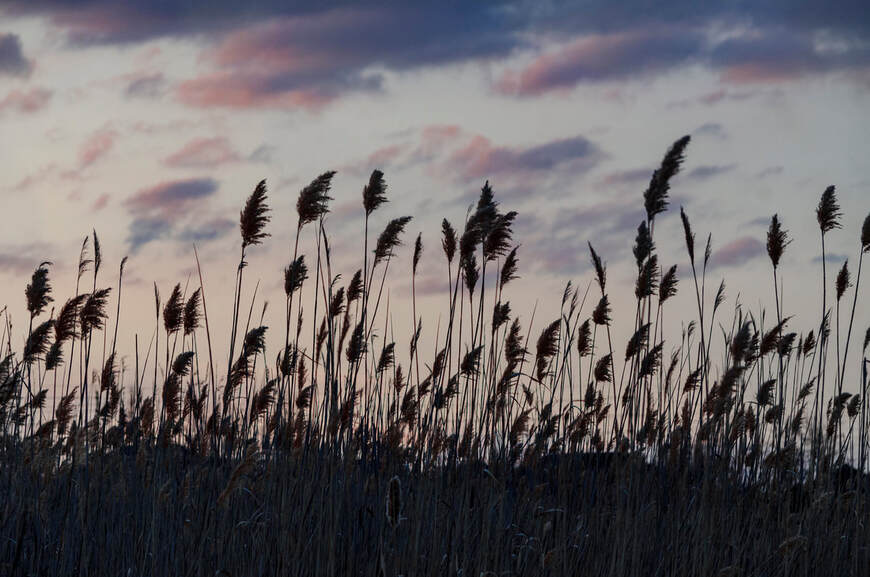
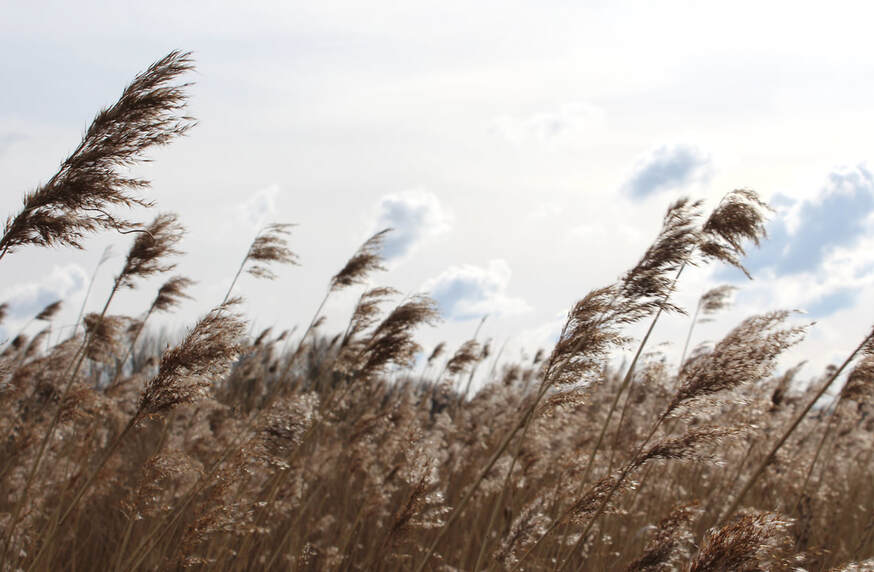
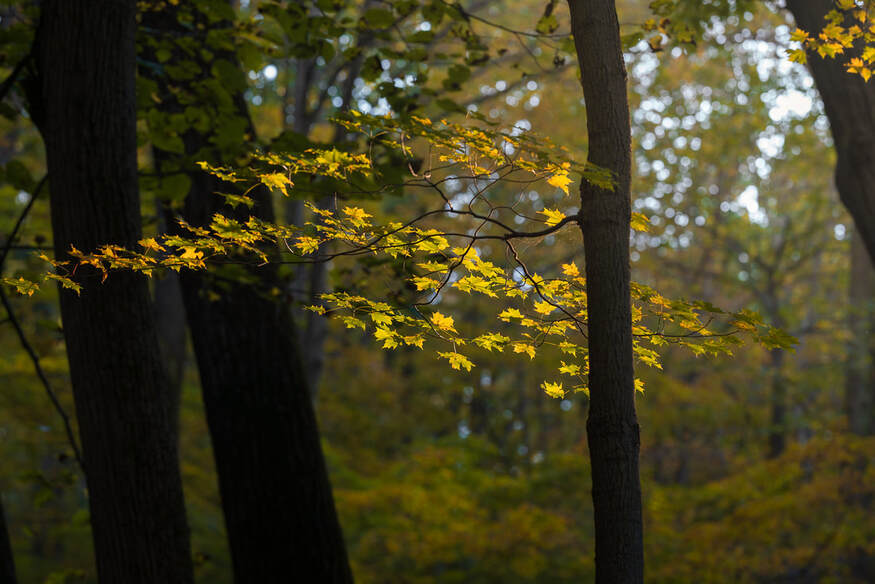
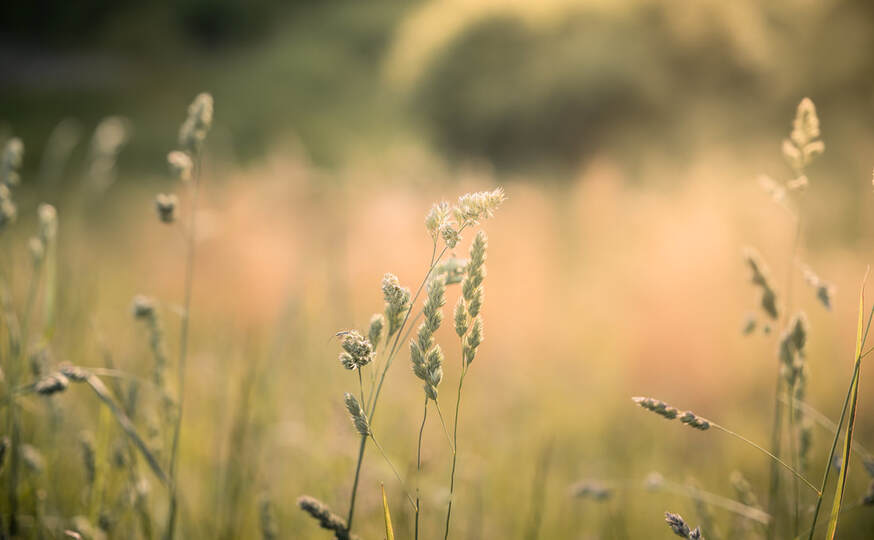
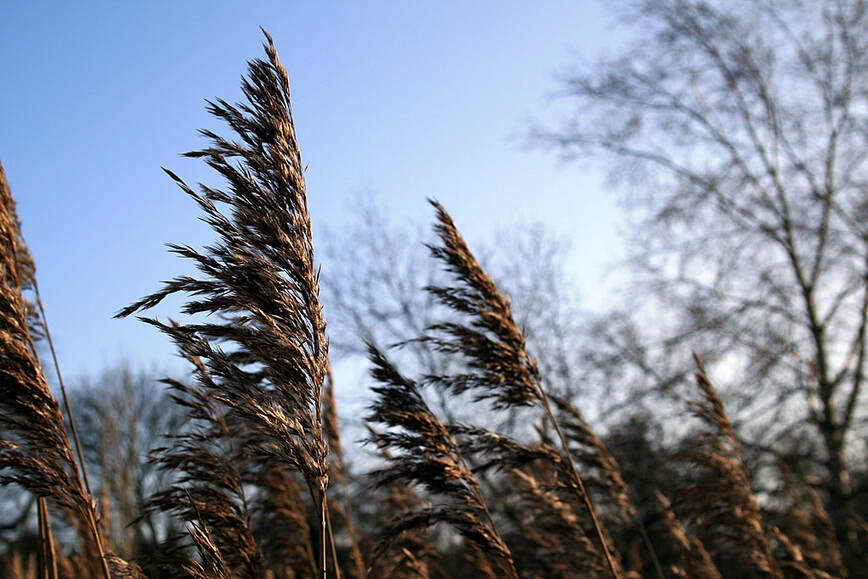
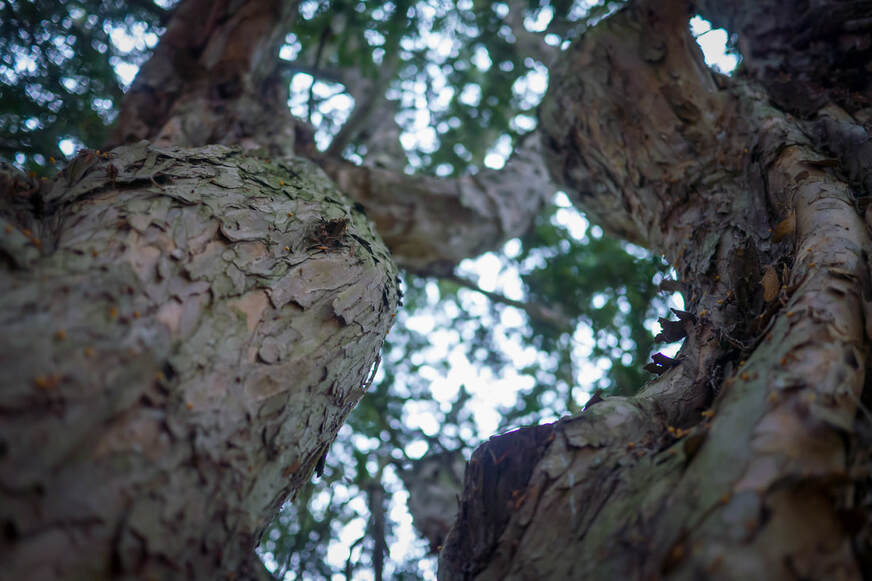
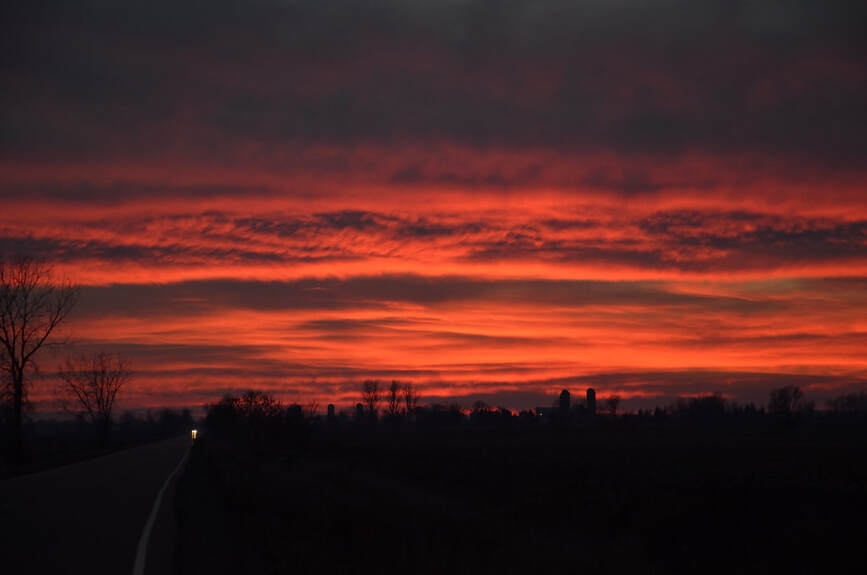
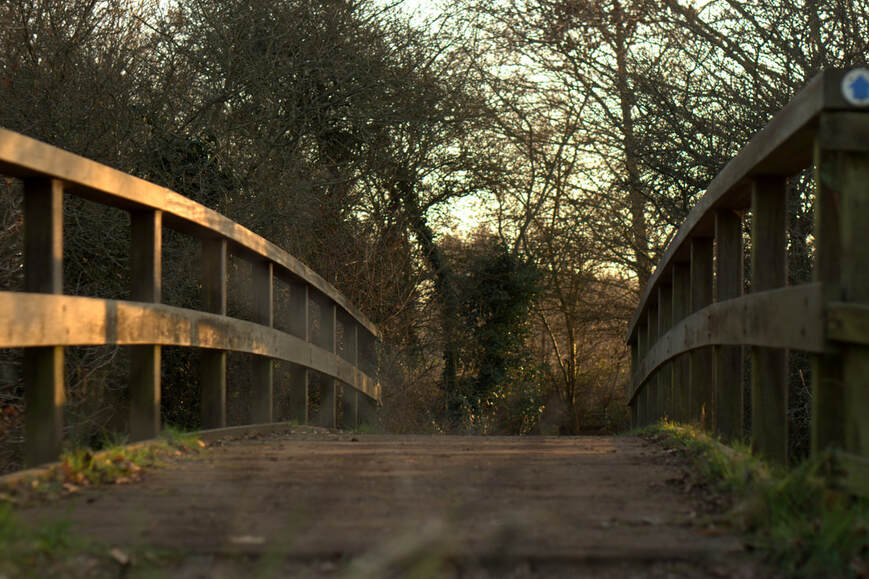
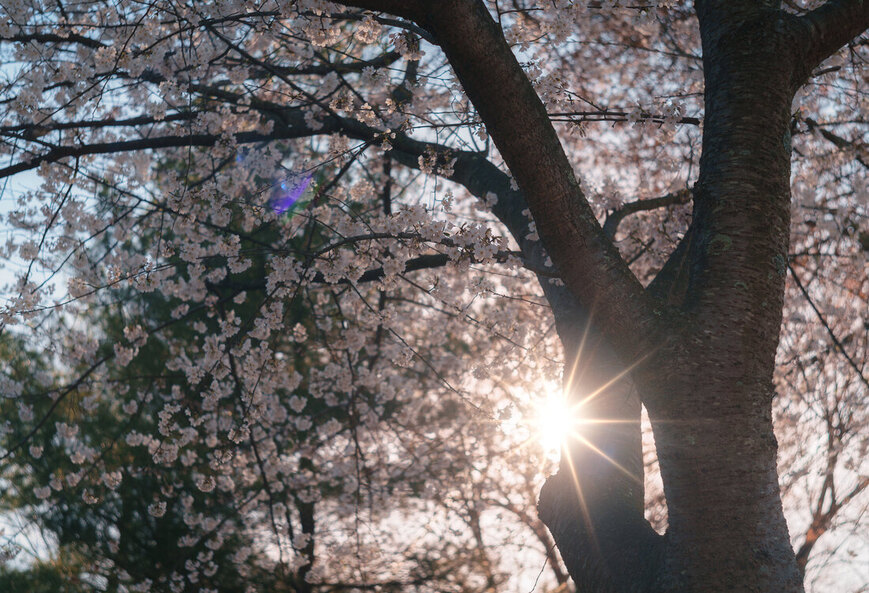
 RSS Feed
RSS Feed
